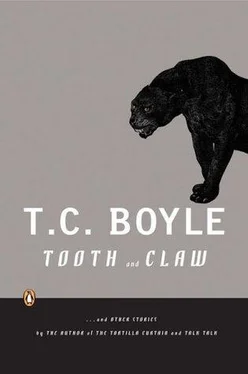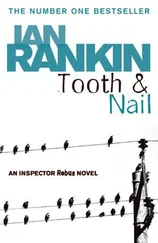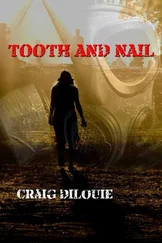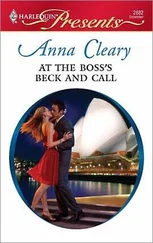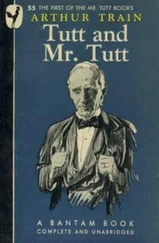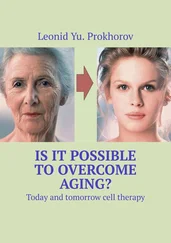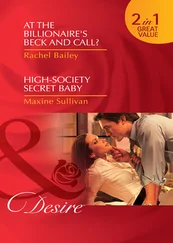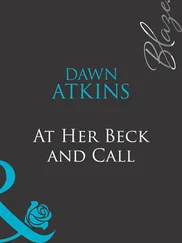That was when one of the men on the floor stirred himself long enough to glance up at me out of blood-flecked eyes and a face that was exactly like a bucket of pus. “What the fuck you think, motherfucker,” he said. “Your ass is in jail.”
THEN IT WAS SPRING and the ice receded from the shore of the lake to reveal a black band of dead water, the driveway turned to mud and the ditches along the blacktop road began to ululate with the orgasmic cries of the nondescript little toads known as spring peepers. The heating bill began to recede too, and to celebrate that minor miracle and the rebirth of all things green and good, I took my Alien — Helen, that is — out for dinner at Capelli’s, where all the waiters faked an Italian accent, whether they were Puerto Ricans or Swedes, and you couldn’t pick up a cigarette without one of them rushing over to light it for you. It was dark. It smelled good. Somebody’s grandmother was out in the kitchen, cooking, and we ate the usual things — canneloni, baked ziti, pasta primavera — and paid about twice what we would have paid in the usual places. I was beginning to know a little about wine, so I ordered a bottle of the second-highest-priced red on the menu, and when we finished that, I ordered another. For dessert, my balled fist presented Helen with two little white Rorer Quaaludes.
She was looking good, silver-eyed and tanned from an early-spring ski trip to Vermont with Adele and one of the other waitresses. I watched the rings glitter on her fingers as she lifted her glass to wash down the pills, and then she set the glass down and eased back into her chair under the weight of all that food and wine. “I finally met Kurt,” she said.
I was having a scotch and Drambuie as an after-dinner drink, no dessert thanks, and enjoying the scene, which was very formal and adult, old guys in suits slurping up linguine, busty wives with poodle hair and furs, people of forty and maybe beyond out here in the hinterlands living the good life. “Kurt who?” I said.
“Kurt Ramos? Adele’s ex?” She leaned forward, her elbows splayed on the tabletop. “He was bartending at this place in Stowe — he’s a Sagittarius, very creative. Funny too. He paints and writes poetry and had one of his poems almost published in the Hudson Review , and of course, Adele knew he was going to be there, I mean that was the whole point. He’s thirty-four, I think. Or thirty-five. You think that’s too much? Age-wise, I mean? Adele’s only twenty-four.”
“ Almost published?” I said.
Helen shrugged. “I don’t know the details. The editor wrote him a long letter or something.”
“He is pretty old. But then so are you, and you don’t mind having a baby like me around, do you?”
“Four years, kiddo,” she said. “Three years and nine months, actually. I’m not an old lady yet. But what do you think — is he too old for her?”
I didn’t think anything. Helen was always giving these speeches about so-and-so and their sex life, who was cheating on who, the I Ching, reincarnation, cat-breeding, UFOs and the way people’s characters could be read like brownie recipes according to their astrological charts. I gave her a sly smile and put my hand on her leg. “Age is relative,” I said. “Isn’t it?”
And then the strangest thing happened, by way of coincidence, that is — there was a flurry of activity in the foyer, the bowing and scraping of waiters, the little tap dance of leather soles as coats were removed, and suddenly the maître d’ was leading Adele and the very same Kurt Ramos past our table.
Helen saw them first. “Adele!” she chirped, already rising up out of the chair with a big stoned grin on her face, and then I glanced up and saw Adele there in a sweater so tight she must have been born in it (but no, no, I had vivid proof to the contrary). Beside her, loping along with an athletic stride, was Kurt Ramos, half-German, half — Puerto Rican, with crazily staring eyes and slick black hair that hung to his shoulders. He was wearing a tan trenchcoat, bell-bottoms and a pair of red bowling shoes he’d borrowed from a bowling alley one night. There were exclamations of surprise all around, the girls embraced as if they hadn’t seen each other in twelve years and I found myself wrapping my hand round Kurt Ramos’ in a complicated soul shake. “Good to meet you, man,” I said in my best imitation of a very hip adult, but he just stared right through me.
IN MAY, Ski Silinski quit to move up to Maine and live among goats and liberated women on a commune, leaving his wife and kid behind, and I found myself elevated to head bartender at the ripe age of twenty-three. I was making good money, getting at least a modicum of exercise rowing Helen around the defrosted lake every afternoon, and aside from the minorest of scrapes, I hadn’t really wrecked anything or anybody in a whole long string of weeks. Plus, I was ascending to the legendary status I’d sought all along, stoked by the Fireman Calabrese incident and the high drama of my unconscious dive into the hands of the state police. I’d begun dealing Quaaludes in a quiet way, I tripped and had revelatory visions and went to concerts with Helen, Adele and Kurt, and I pretty generally felt on top of things. The prevailing ethos was simple in those days — the more drugs you ingested, the hipper you were, and the hipper you were, the more people sought you out for praise, drugs and admiration. I even got to the point where I could match Jimmy Brennan drink for drink and still make it home alive — or at least partially so.
Anyway, Ski quit and on my recommendation we hired Kurt Ramos as second bartender, and the two of us made quite a pair behind the bar, he with his shower-curtain hair and staring eyes and me with my fixed grin that was impervious to anything life or the pharmaceutical industry could throw at it. We washed glasses, cut fruit, mixed drinks, talked about everything and nothing. He told me about Hawaii and Amsterdam, drugs, women he’d known, and he showed me his poetry, which seemed pretty banal to me, but who was I to judge? When work was over, he and Adele would come over to our place for long stoned discussions and gleeful drug abuse, or we’d go to a late movie or another bar. I liked him. He had heart and style and he never tried to pull rank on me by virtue of his greater age and wisdom, as Jimmy Brennan and his drinking cronies never failed to do.
It was a month or so after Kurt started working behind the bar that my parents came in for the first time. They’d been threatening to make an appearance ever since I’d got the job — my mother wanted to check the place out because she’d heard so much about it, everybody had, and my father seemed amused by the idea of his son officially making him a drink and pushing it across the bar to him on a little napkin. “You’d have to give me a discount,” he kept saying. “Wouldn’t you?” And then he’d laugh his high husky laugh till the laugh became a smoker’s cough and he’d cross the kitchen to the sink and drop a ball of sputum in the drain.
I was shaking a martini for a middle-aged guy at the end of the bar when I glanced up and saw my father looming there in the doorway. The sun was setting, a fat red disc on the horizon, and my father extinguished it with the spread of his shoulders as he maneuvered my mother through the door. The hostess — a terminally pretty girl by the name of Jane Nardone — went up to him with a dripping smile and asked if he’d like a table for two. “Yeah, sure,” I heard him say in his rasping voice, “but only after my son makes a me a vodka gimlet — or maybe two.” He put his hands on his hips and looked down at the little painted doll that was Jane Nardone. “That okay with you?” Then he made his way across the room to where I stood behind the bar in white shirt and tie.
Читать дальше
